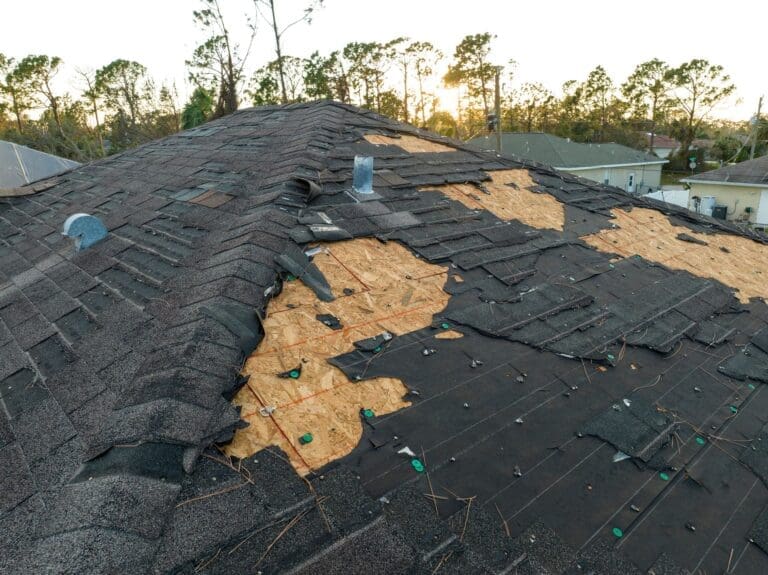Hurricane Preparedness and Claim Information
Ensure you have adequate coverage and take steps to prepare in advance of hurricane season:
- Have you informed Term Brokers of any new upgrades or additions to your property?
- Take pictures of your home, car, boat, RV, and other possessions. Then, make two copies of the images and file them in a safe place.
- Have you added Florida flood insurance to your policy with Term Brokers?
Key steps to follow if you have damage from a hurricane:
- Contact Term Brokers and have your insurance account information ready.
- Contact the insurer that carries your policy.
- Take photos of the damage
- Take steps to prevent further damage
It would be best to prevent further damage by securing property, temporarily boarding up windows and your roof, drying out carpets and personal property, and so on. If additional damage occurs after the hurricane, it may not be covered. - Wait for the adjuster!
Only begin permanent repairs or disposal of damaged property once an adjuster has seen the damage. - Spoiled Food
In the case of perishable items, such as spoiled food, take pictures of that property to substantiate the claim. If you don’t take photos as proof before disposing of spoiled food, then this may not be covered. - Keep receipts
Save receipts for emergency repairs and items that might qualify under additional living expenses, for example, water, ice, and rental charges for another location if your home is uninhabitable

Frequently asked questions:
Can I speed up the claims process?
Although an insurance company adjuster will contact you as soon as possible, insurers prioritize those with the most severe losses. Remember that your significant claims are typically settled in stages, only some at a time.
Here are several steps you can take while waiting for the adjuster:
- Secure repair estimates (at least two) for the adjuster to review. Estimates will help them with the settlement process. Take pictures of the damaged property. Also, if you took photos of the property before the damage, give copies to the adjuster.
- Make a list of all damaged property, including a description, age, original cost, place of purchase, and estimated replacement cost. If you have any receipts or canceled checks for the items, include them with the list.
What if my home is uninhabitable after a hurricane?
Under most homeowners and dwelling policies, coverage includes additional living expenses. Suppose your home is uninhabitable because of damage covered by your policy. In that case, most insurers will reimburse you for the reasonable expenses incurred over and above your normal living costs. For example, it would cover all reasonable additional housing expenses. Still, it would cover only food costs over and above what you usually pay for food. Keep receipts for ALL expenses. The expenses must align with everyday living costs and a necessary and direct result of the loss.
What coverage is there for trees that are down?
Unless a felled tree damages a covered property, such as a house or a fence, there is no coverage for damage to trees by “weather perils.”
The power was out for five days, and the food in my freezer and refrigerator spoiled. Is it covered?
Generally, most policies do not cover food spoilage because of power outages because of the “power failure” exclusion. Some insurance companies provide limited coverage, between $250 to $500, as a coverage enhancement.
When power finally came back on, a power surge damaged some of my electrical equipment. Is it covered?
Most policies cover “sudden and accidental damage from artificially generated electrical current.” However, the coverage typically does not apply to damaged transistors, computer chips, or similar items. This common restriction means damage from a power surge would not cover such items as televisions, VCRs, and computers.
